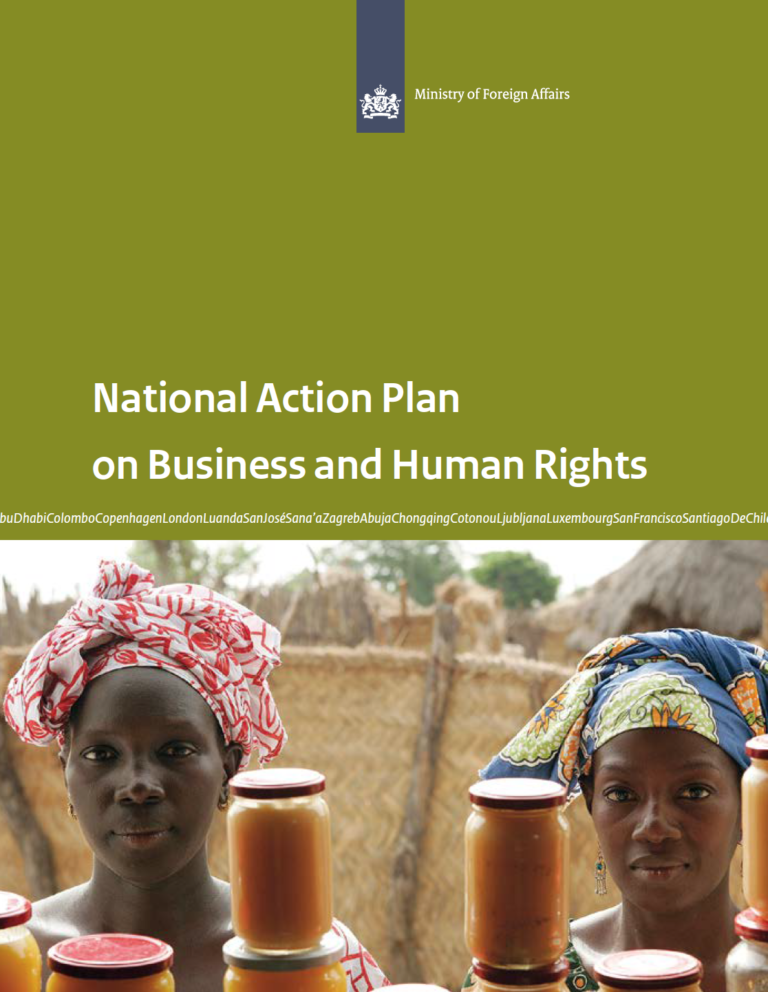Human Trafficking Victims, and Those Vulnerable to Trafficking, Need Increased Protections In Response to COVID-19 Pandemic
COVID-19 resourcesGuidanceHuman trafficking thrives in times of crisis and uncertainty, when the needs of the most vulnerable among us are often overlooked. Congress recently passed the $2 trillion coronavirus relief legislation, the Coronavirus Aid, Relief, and Economic Sec...Read More

